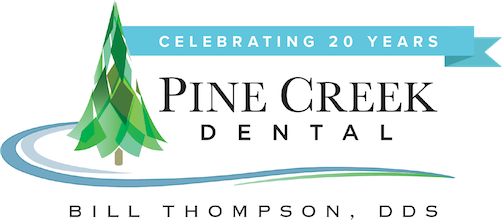As you’re probably aware, dental implants are performed to replace a damaged tooth and improve your oral health. This process may take several months to be completed, including the healing period. It involves the removal of the damaged tooth, bone grafting to prepare the jawbone for surgery, and the placement of a dental implant: metal post, abutment and the new tooth.
After the procedure, it’s normal to feel some discomfort and experience bleeding as well as swelling. However, you can alleviate these effects by properly taking care of your oral health. Here are some tips to ensure the healing process and to avoid complications.
Ease Post-Surgery Effects
Bleeding is normal a day after the implant. In case it becomes excessive, you can place a gauze pad on the wound and bite on it for 30 minutes to control the bleeding. If you think it’s too much, however, call your dentist for advice.
For swelling, you can put an ice bag on the cheek near the location of the wound. Do this for the first 36 hours to alleviate the swelling. Meanwhile, when the anesthesia wears off, expect to feel some discomfort. You can deal with this by taking pain medication that your dentist can prescribe for you. Antibiotics are helpful too, in avoiding infection.
Eat Right
Watch the food you eat because it can affect the implant area. Avoid consuming hot liquids and stick to soft food after the surgery. You can slowly go back to your normal diet as soon as you feel comfortable. You should also stay away from ice, candy and other hard food that can crack your crowns. Stop smoking as well; it can stain your teeth.
Rest
Moving too much may lead to bleeding and throbbing. So, as much as possible, take a rest after the procedure. Exercising and other physical activities should be postponed. Besides, your body may not be in top condition for such activities because it’s getting less nourishment from your soft diet.
Following these guidelines can help ensure the success of your dental implants from Colorado Springs, CO dentists. If you have any questions or if you have no idea how to deal with the wound, ask your dentist for oral hygiene advice and be sure to follow it.
Sources
Dental implant surgery, mayoclinic.org
Focus on implant home care, rdhmag.com

 Meet Dr. Bill Thompson
Meet Dr. Bill Thompson Meet Our Team
Meet Our Team NEW Pine Creek Dental Office
NEW Pine Creek Dental Office




